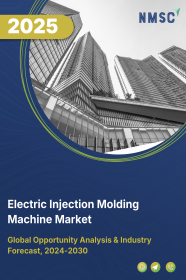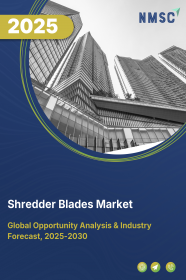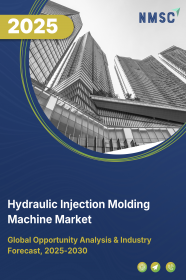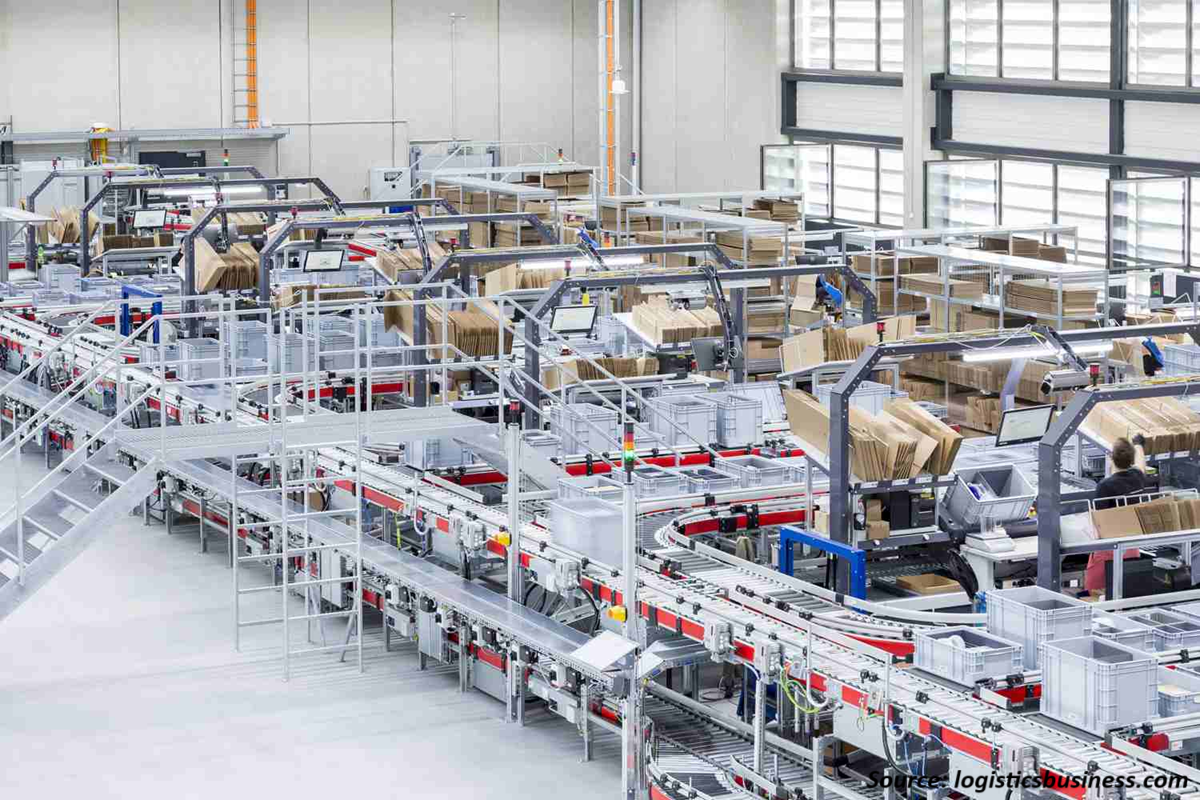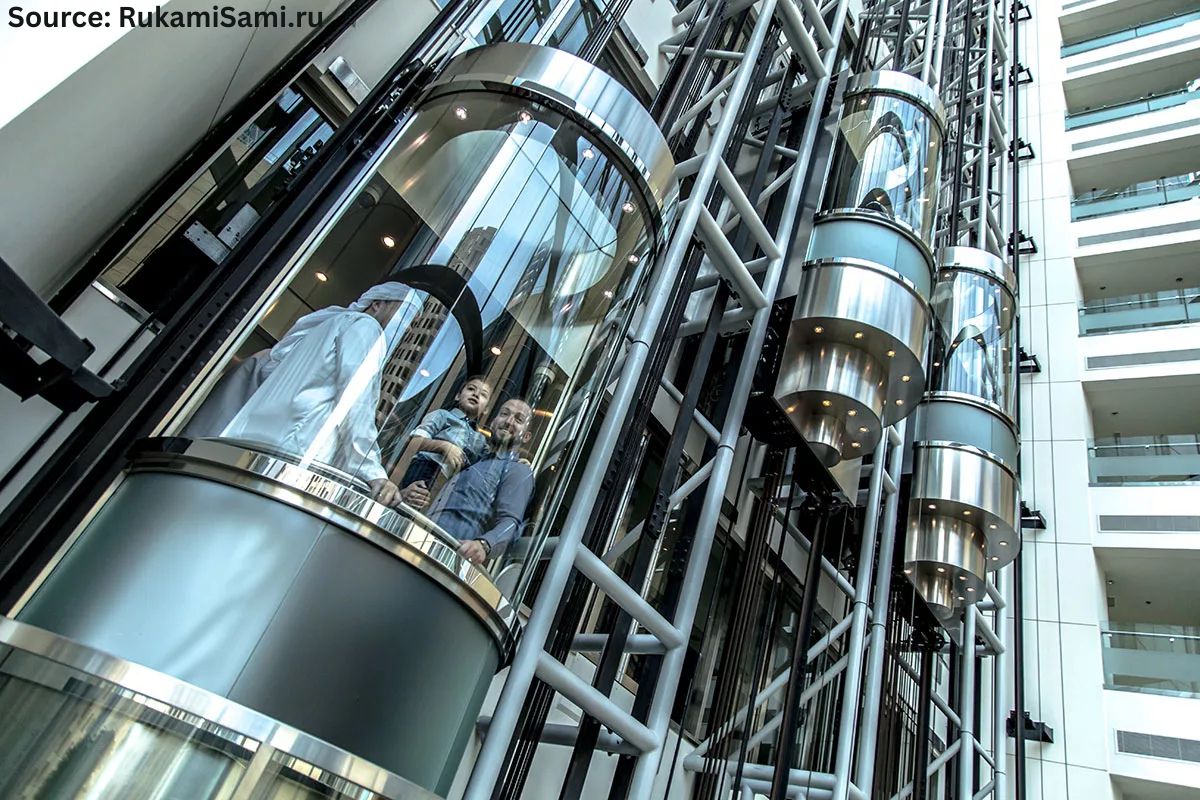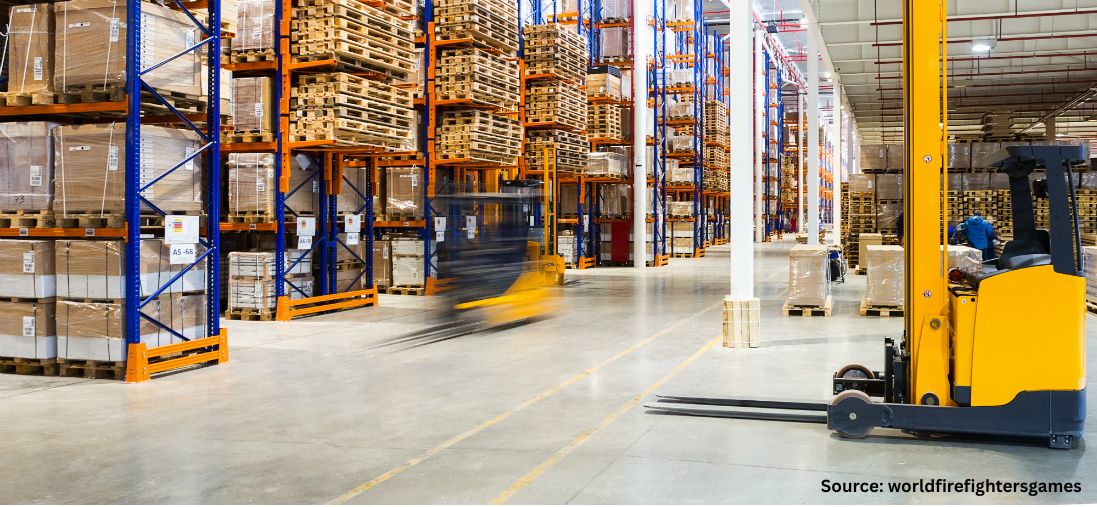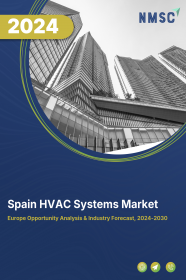
Spain HVAC Systems Market by Equipment (Cooling Equipment, Heating Equipment, and Ventilation), by Implementation Type (New Construction and Retrofit), and by End User (Residential, Commercial, and Industrial) - Opportunity Analysis and Industry Forecast, 2024– 2030
Industry: Construction & Manufacturing | Publish Date: 26-May-2025 | No of Pages: 152 | No. of Tables: 117 | No. of Figures: 62 | Format: PDF | Report Code : CM1930
US Tariff Impact on Spain HVAC Systems Market
Trump Tariffs Are Reshaping Global Business
Market Definition
The Spain HVAC System Market size was valued at USD 3.15 billion in 2023, and is predicted to reach USD 4.21 billion by 2030, at a CAGR of 3.7% from 2024 to 2030.
HVAC (Heating, Ventilation, and Air Conditioning) refers to the technology and systems used in buildings to regulate indoor environmental conditions such as temperature, humidity, and air quality to ensure comfort and safety for occupants. Heating systems provide warmth during colder months, ventilation systems circulate and replenish indoor air, and air conditioning systems cool and dehumidify indoor air during warmer months.
HVAC systems offer several advantages, including improved occupant comfort and health, increased energy efficiency leading to cost savings, better indoor air quality through filtration and ventilation, precise temperature control for enhanced productivity in commercial settings, and protection of building infrastructure from extreme weather conditions. Additionally, these systems can be designed to meet specific requirements, contributing to sustainability goals by reducing carbon emissions and promoting eco-friendly practices in building operations.
Stringent Energy Efficiency Regulations Propel Hvac Market Growth
Spain's HVAC market continues to be strongly driven by increasingly strict energy efficiency regulations aligned with the European Union’s climate and energy targets. Regulatory frameworks such as the Energy Performance of Buildings Directive (EPBD) and EcoDesign requirements are compelling both residential and commercial sectors to adopt high-efficiency HVAC systems. These rules not only mandate the reduction of energy consumption but also encourage the integration of renewable energy sources in HVAC systems. In response, manufacturers are developing smarter, more sustainable systems—such as heat pumps and hybrid solutions—that align with low-carbon targets. Consumers, in turn, are more inclined to invest in energy-efficient technologies to ensure compliance, reduce operating costs, and take advantage of available government incentives. The combination of policy pressure and growing environmental consciousness is significantly boosting the adoption of energy-efficient HVAC solutions in Spain.
Rising Focus on Indoor Air Quality and Health-Driven Innovation
The demand for improved indoor air quality (IAQ) has accelerated post-pandemic, with growing public awareness of airborne contaminants and the importance of healthy indoor environments. Spanish consumers especially in urban and densely populated areas are prioritizing HVAC systems that provide not only thermal comfort but also robust air purification capabilities. Advanced filtration technologies such as HEPA filters, activated carbon filters, UV-C sterilization, and air ionization are increasingly integrated into modern HVAC systems. Additionally, smart sensors and IAQ monitoring tools are being adopted to maintain optimal air conditions in real time. This trend is particularly pronounced in sectors like healthcare, education, hospitality, and office buildings, where safe air environments are critical. As a result, manufacturers are expanding their product portfolios to include multi-functional systems that address both temperature and air quality, fostering continuous innovation in the HVAC market.
Complexity And Cost Of Regulatory Compliance Hinders Market Expansion
Regulatory compliance continues to be a critical barrier in the growth of Spain’s HVAC systems market. The sector is subject to an increasingly complex set of national and EU-level regulations related to energy efficiency, carbon emissions, refrigerant phase-outs (e.g., under the F-Gas Regulation), and safety standards. Complying with these multifaceted and evolving regulations requires significant investment in R&D, certification, and reengineering of existing product lines. This creates cost burdens, particularly for small and medium-sized enterprises (SMEs), which may lack the financial and technical capacity to adapt swiftly. Furthermore, delays in the harmonization of regulations across regions, coupled with lengthy approval and inspection processes, can hinder product rollouts and project completions. These regulatory challenges not only slow down-market entry and expansion but also stifle innovation and increase time-to-market, limiting the growth potential of the HVAC sector in Spain.
Acceleration Of Renewable Integration With Solar-powered And Hybrid Hvac Systems
The integration of solar-powered and hybrid HVAC systems presents a transformative opportunity in the Spanish market, especially in light of the country's favorable climate and renewable energy policies. With abundant sunshine and a growing emphasis on sustainable energy use, solar-assisted HVAC systems—particularly those combining photovoltaic (PV) panels with energy-efficient heat pumps—are gaining traction. Recent advancements in battery storage, inverter technology, and smart energy management systems make these solutions increasingly affordable and efficient. Government incentives and funding programs under the EU Green Deal and Spain’s Recovery, Transformation and Resilience Plan are further accelerating adoption. These systems not only help reduce dependency on grid electricity and lower operating costs but also support Spain’s decarbonization goals. As businesses and homeowners seek sustainable and cost-effective HVAC solutions, the demand for solar-integrated and hybrid systems is expected to rise, offering significant growth potential for manufacturers, installers, and service providers alike.
Competitive Landscape
The market players operating in the Spain HVAC System market include Airedale International Air Conditioning Ltd., Honeywell International Inc., Gree Electric Appliances Inc., Johnson Controls International Plc., Panasonic Holdings Corporation, Trane Technologies Plc.,l CARRIER GLOBAL CORPORATION, LG Electronics Inc, Danfoss, Hitecsa Cool Air, Servoclima, Vaillant Group, Fujitsu General, Siemens AG, Electrolux and others.
Spain HVAC System Market Key Segments
By Equipment
-
Cooling Equipment
-
Unitary Air Conditioners
-
Variable Refrigerant Flow Systems (VRF)
-
Chillers
-
Room Air Conditioners
-
Coolers
-
Cooling Towers
-
-
Heating Equipment
-
Heat Pumps
-
Furnaces
-
Unitary Heaters
-
Boilers
-
-
Ventilation
-
Air-handling Units (AHUs)
-
Air Filtration Systems
-
Ventilation Fans
-
HRVs & ERVs
-
Air Purification Systems
-
Others
-
By Implementation Type
-
New Construction
-
Retrofit
By End User
-
Residential
-
Commercial
-
Industrial
Key Players
-
Airedale International Air Conditioning Ltd.
-
Honeywell International Inc.
-
Gree Electric Appliances Inc.
-
Johnson Controls International Plc.
-
Panasonic Holdings Corporation
-
Trane Technologies Plc.
-
CARRIER GLOBAL CORPORATION
-
LG Electronics Inc
-
Danfoss
-
Hitecsa Cool Air
-
Servoclima
-
Vaillant Group
-
Fujitsu General
-
Siemens AG
-
Electrolux
REPORT SCOPE AND SEGMENTATION:
|
Parameters |
Details |
|
Market Size in 2023 |
USD 3.15 Billion |
|
Revenue Forecast in 2030 |
USD 4.21 Billion |
|
Growth Rate |
CAGR of 3.7% from 2024 to 2030 |
|
Analysis Period |
2023–2030 |
|
Base Year Considered |
2023 |
|
Forecast Period |
2024–2030 |
|
Market Size Estimation |
Billion (USD) |
|
Growth Factors |
|
|
Companies Profiled |
15 |
|
Market Share |
Available for 10 companies |
|
Customization Scope |
Free customization (equivalent up to 80 working hours of analysts) after purchase. Addition or alteration to country, regional, and segment scope. |
|
Pricing and Purchase Options |
Avail customized purchase options to meet your exact research needs. |

















 Speak to Our Analyst
Speak to Our Analyst



